What Would Jesus Undo | Week 1 | Pastor Ben Pierce
What Would Jesus Undo? Exploring Hypocrisy in Our Lives
In this thought-provoking message, Pastor Ben Pierce challenges us to reflect on the aspects of our lives that may grieve the heart of God. As we embark on this journey, we will explore the concept of hypocrisy and its relevance in our lives today, asking ourselves what Jesus would seek to undo in our hearts.
Hypocrisy in Religious Leaders
Throughout history, hypocrisy has manifested prominently among religious leaders, often leading to disillusionment among followers. In the Bible, Jesus addressed this issue directly, calling out the hypocrisy of the scribes and Pharisees. He described them as “whitewashed tombs,” beautiful on the outside but filled with decay on the inside. This stark imagery serves as a reminder that outward appearances can be deceiving. The challenge remains: how do we ensure our faith is genuine and not merely a facade?

The Impact of Hypocrisy
When religious leaders fail to live by the principles they espouse, it not only damages their credibility but also leads many to turn away from faith altogether. People often feel betrayed when they discover that those they looked up to are not living authentically. This betrayal can lead to a broader skepticism about religion as a whole, creating barriers for individuals seeking truth.
- Trust is eroded when leaders preach one thing and practice another.
- Disillusionment can lead to a loss of faith for many followers.
- Hypocrisy often reinforces negative stereotypes about religious individuals.
Addressing Hypocrisy Today
It’s crucial for contemporary religious leaders to reflect on their actions and ensure they align with their teachings. Transparency and authenticity should be at the forefront of their ministry. Leaders must engage in self-examination to identify areas where they may be falling short. By doing so, they can foster a culture of honesty and integrity within their communities.

The Nature of Hypocrisy
Hypocrisy is not confined to religious circles; it permeates all aspects of society. Defined as the discrepancy between one’s beliefs and actions, hypocrisy can manifest in both subtle and overt ways. Understanding its nature is the first step toward addressing it in our lives.
Types of Hypocrisy
There are two primary forms of hypocrisy:
- Behavioral Hypocrisy: This occurs when individuals act in ways that contradict their stated beliefs or values. For example, a person advocating for environmental conservation who regularly engages in wasteful practices.
- Virtue Signaling: This type involves publicly expressing opinions or sentiments to demonstrate one’s good character or moral correctness while failing to act accordingly in private.

The Consequences of Hypocrisy
Hypocrisy can lead to a breakdown of trust within communities. When individuals perceive others as insincere or deceitful, it fosters an environment of skepticism and division. As a result, genuine connections suffer, and the potential for meaningful dialogue diminishes.
- Trust issues can arise, causing conflict and division.
- Individuals may feel alienated or disconnected from their communities.
- Hypocrisy can prevent open and honest discussions about faith and values.
Challenges of Hypocrisy for Believers and Non-Believers
Both believers and non-believers grapple with the implications of hypocrisy. For believers, the challenge lies in striving for authenticity in their faith. For non-believers, the pervasive hypocrisy they observe can serve as a barrier to exploring faith and spirituality.
Believers’ Struggle with Hypocrisy
Believers often face the internal battle of living out their faith authentically. The pressure to conform to societal expectations can lead to compromises in their values. This struggle can create a disconnect between their public persona and private reality.
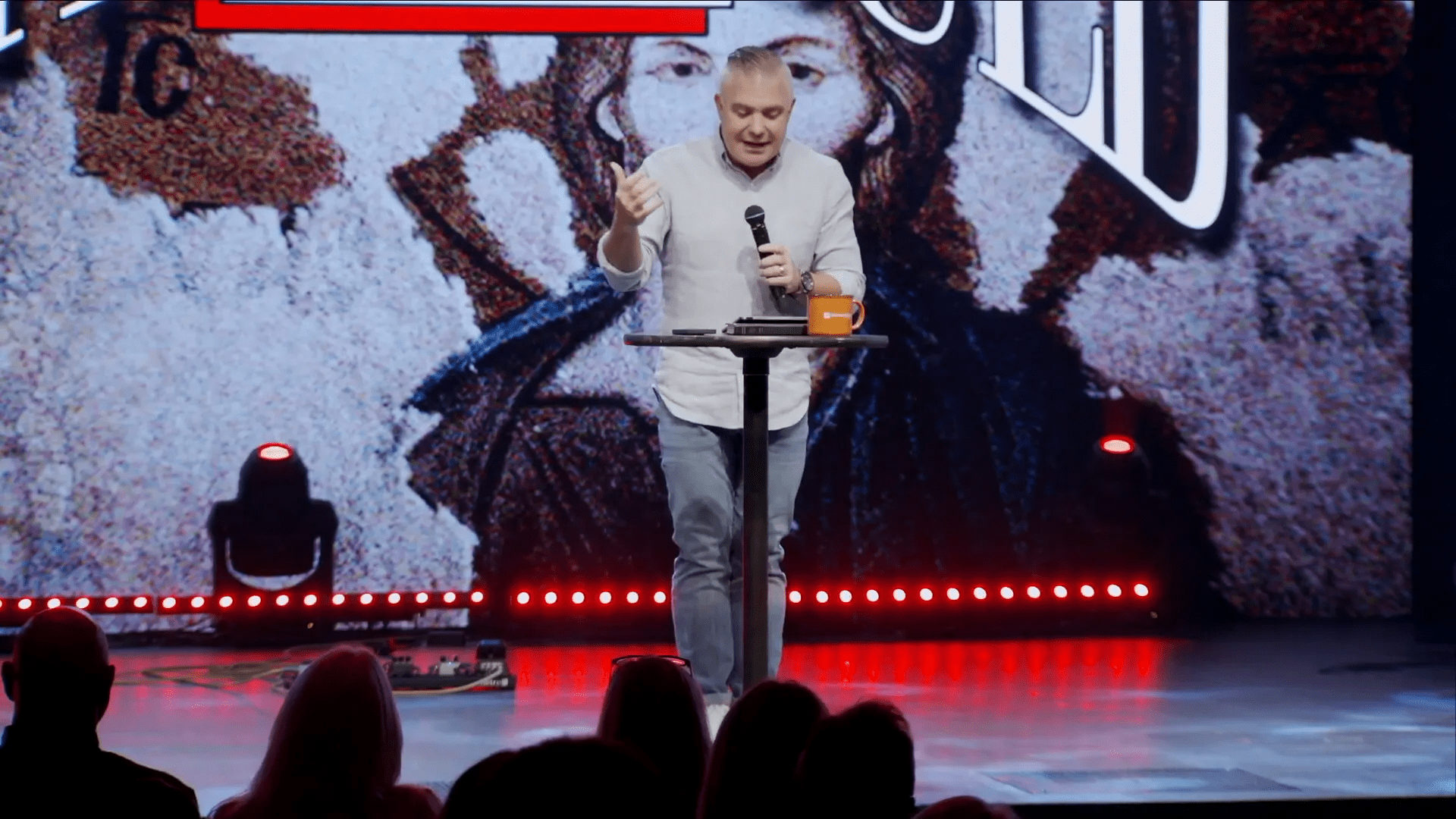
Non-Believers and the Hypocrisy Argument
Non-believers frequently cite hypocrisy as a reason for their skepticism toward religion. They may perceive religious individuals as insincere or disingenuous, making it difficult for them to engage with faith communities. This perception can create a cycle where both parties fail to understand each other, perpetuating division.
- Non-believers often view hypocrisy as a major flaw in religious communities.
- This perception can prevent meaningful conversations about faith.
- Understanding and addressing hypocrisy is essential for bridging the gap.
The Atheist and the Bear Story
The story of the atheist and the bear serves as a humorous yet poignant reminder of the universal nature of hypocrisy. As the atheist finds himself in a life-threatening situation, he resorts to calling out to God, only to express concern about being a hypocrite. This highlights the inherent contradictions in human nature and the struggle to reconcile beliefs with actions.
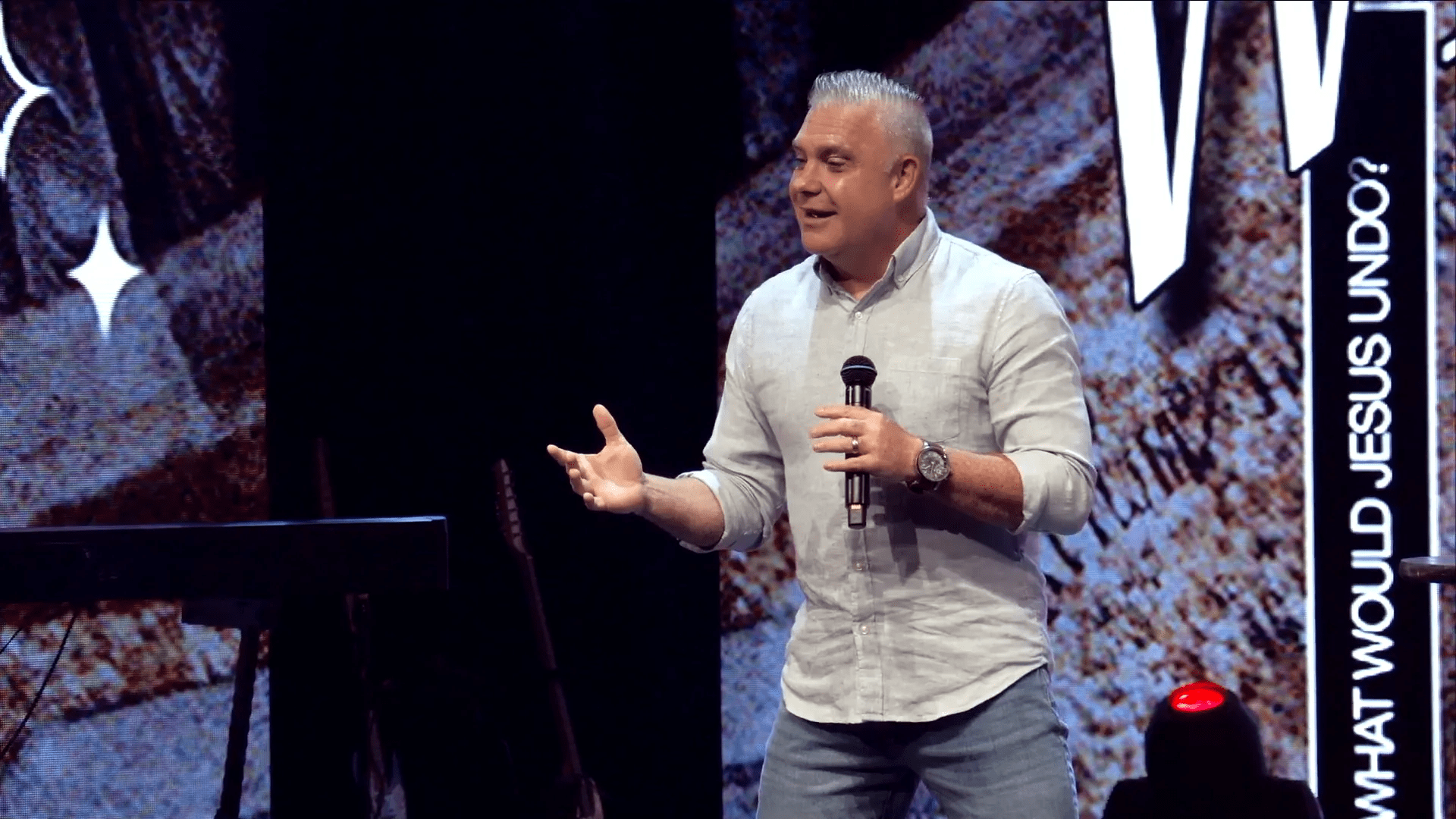
The Lesson from the Bear Story
This story illustrates that hypocrisy is not limited to any one group; it is a human condition. Everyone, regardless of their beliefs, can find themselves in situations where their actions do not align with their professed values. Acknowledging this shared experience can foster empathy and understanding among individuals from different backgrounds.
Embracing Authenticity
Ultimately, the goal should be to strive for authenticity in our lives. By recognizing our own moments of hypocrisy, we can work towards being more genuine in our interactions with others. This journey requires humility and a willingness to confront uncomfortable truths about ourselves.
- Embrace vulnerability as a path to authenticity.
- Encourage open conversations about faith and personal struggles.
- Commit to living in alignment with your values.
Tackling the Hypocrisy Issue
To effectively address hypocrisy, we must first recognize it within ourselves. It’s easy to point fingers at others, but self-reflection is essential. Each of us has moments where our actions do not align with our beliefs. This inconsistency can create a barrier to authentic relationships, both with others and with God.
Self-Examination
Begin by asking yourself some challenging questions:
- Are there areas in your life where your actions contradict your beliefs?
- Do you find yourself putting on a facade to fit in or be accepted?
- How do you respond when your hypocrisy is pointed out?
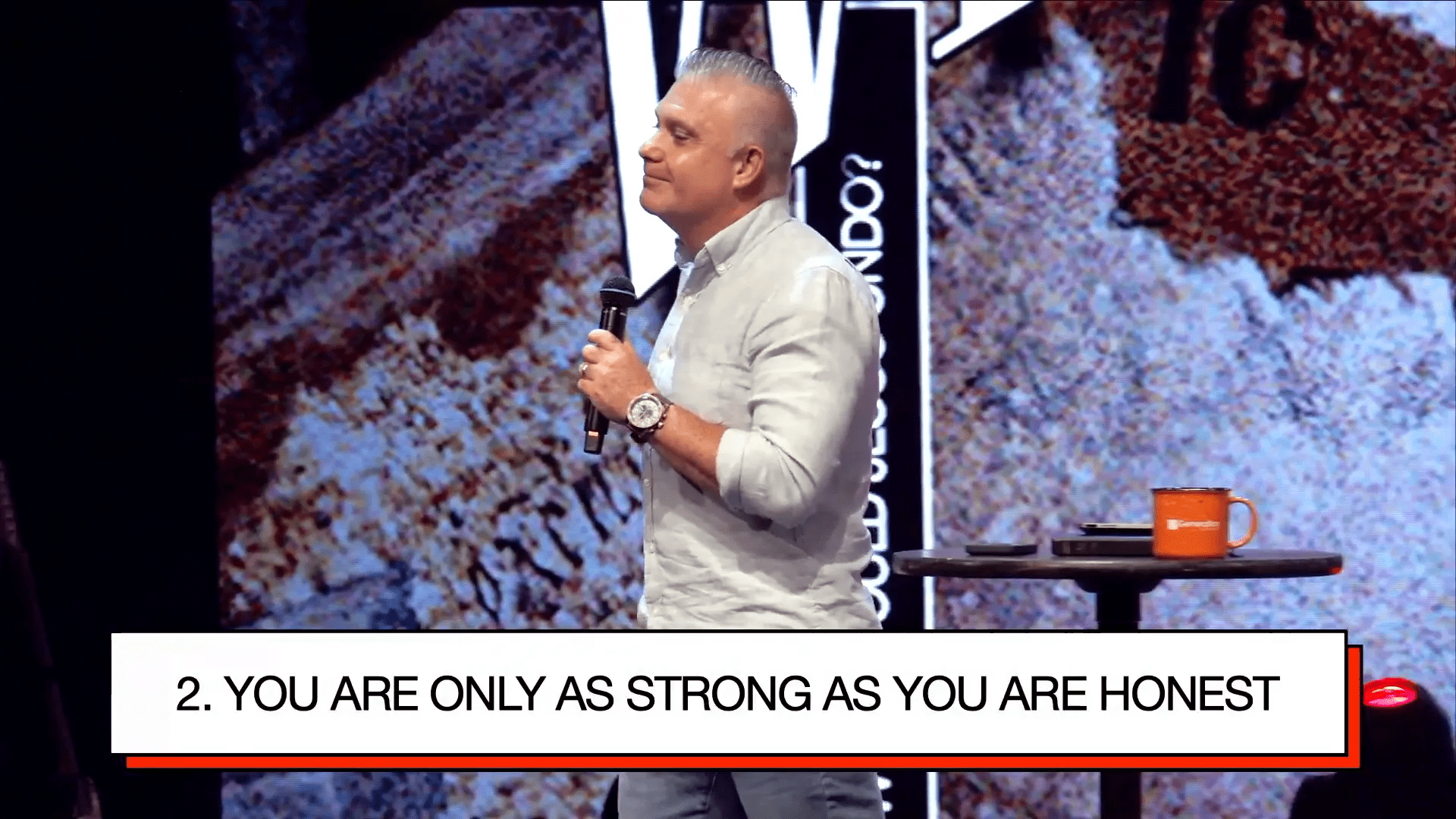
Engaging in honest self-assessment can reveal uncomfortable truths. However, acknowledging these truths is a crucial step toward living authentically. The journey to authenticity requires humility and a willingness to confront our shortcomings.
Creating a Culture of Honesty
In communities—be they religious or secular—fostering an environment of openness can combat hypocrisy. Encouraging honest dialogues about struggles can help individuals feel safe to share their challenges without fear of judgment.
- Host small group discussions focused on vulnerability and honesty.
- Share personal experiences of failures and how you overcame them.
- Encourage others to share their challenges, creating a supportive environment.
The Difference Between Sin and Hypocrisy
Understanding the difference between sin and hypocrisy is vital. While all humans are sinners, hypocrisy involves a deliberate misrepresentation of oneself. A sinner may stumble and seek forgiveness, while a hypocrite conceals their true nature.
Sin as a Human Condition
Sin is an inherent aspect of the human experience. We all fall short at times, but this is not the same as being hypocritical. Acknowledging our sins and repenting allows us to grow and improve.
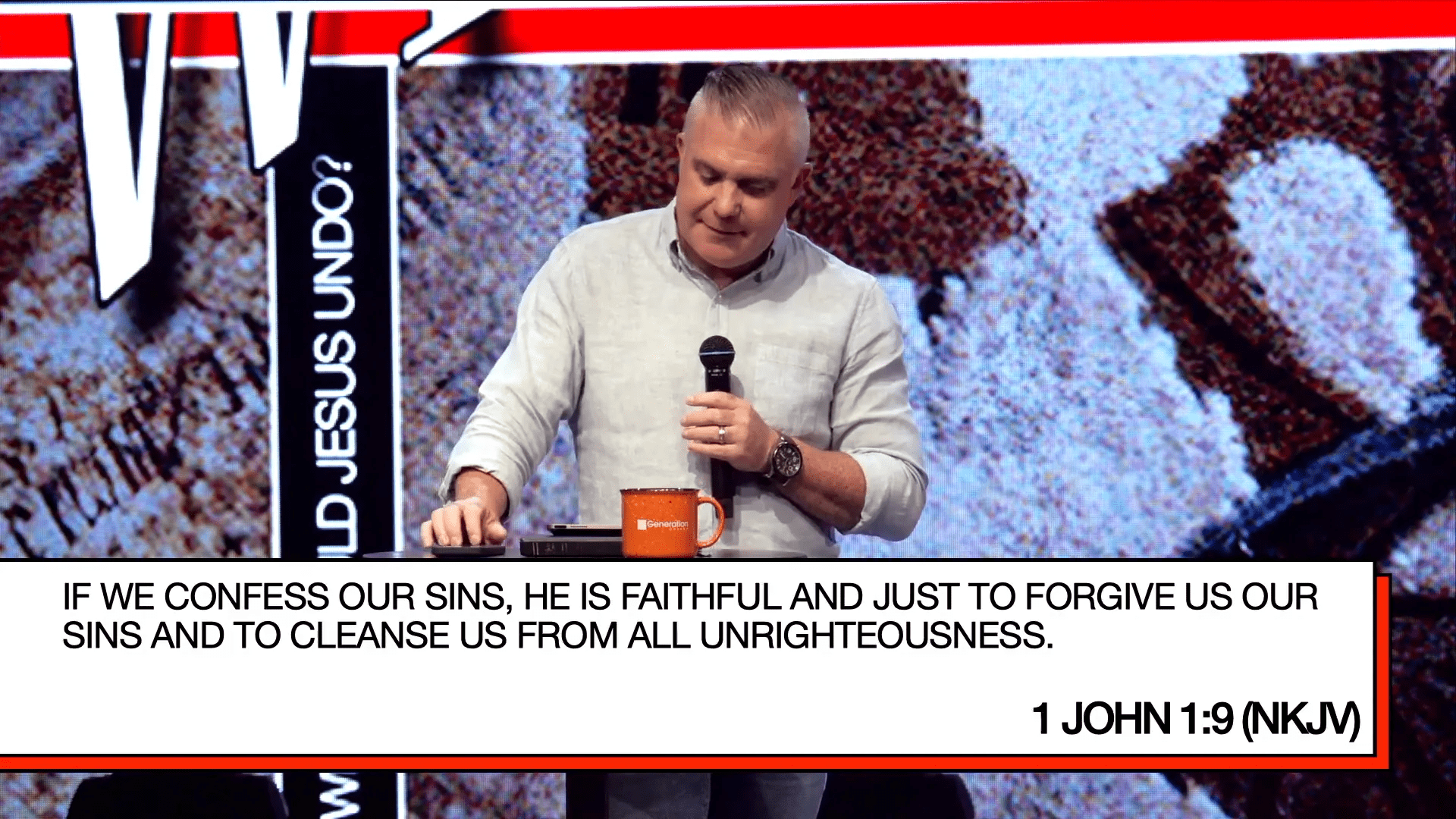
Hypocrisy as a Mask
Hypocrisy, on the other hand, is akin to wearing a mask. It involves pretending to be someone we are not, often to gain social acceptance or avoid accountability. This duplicity can lead to isolation and inner turmoil.
- Recognize that pretending to be perfect only deepens the divide between our public persona and private self.
- Understand that true healing comes from authenticity, not from maintaining a facade.
Confession and Healing
Confession is a powerful tool for healing. When we confess our sins, we open the door to grace and healing. This act of vulnerability not only brings personal relief but also strengthens our relationships with others.
The Power of Confession
James 5:16 states, “Confess your sins to each other and pray for each other so that you may be healed.” This scripture emphasizes the importance of community in the healing process.
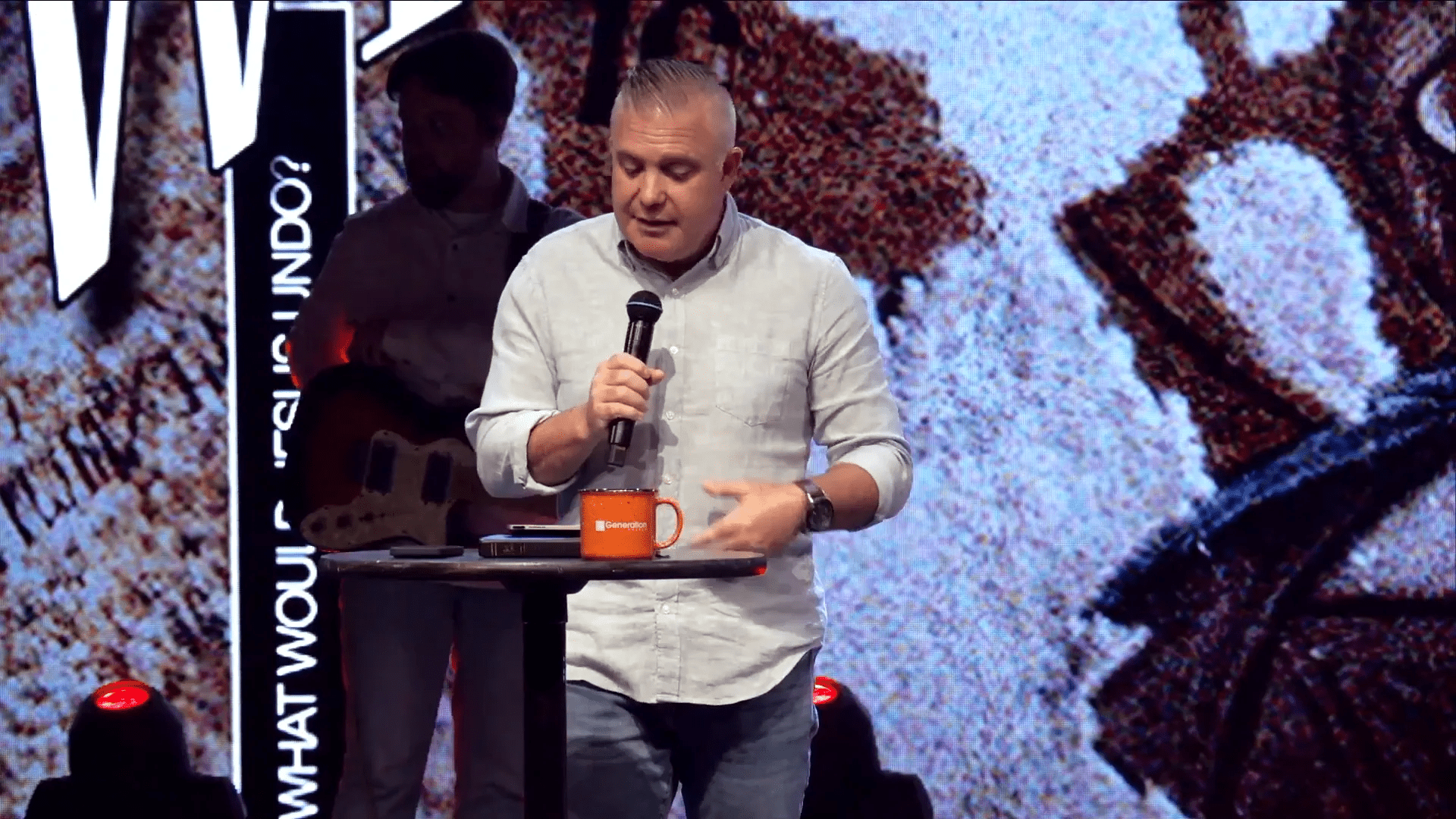
Finding a Trusted Confidant
Identify someone you trust—whether a friend, mentor, or pastor—and share your struggles. This act can help alleviate the burden of hypocrisy and lead to genuine healing.
- Choose someone who will listen without judgment.
- Be open about your struggles and seek their support in prayer.
- Encourage them to share their challenges as well, fostering mutual growth.
Call to Action and Prayer
As we reflect on the theme of hypocrisy, it’s essential to take actionable steps toward authenticity. Begin this journey by praying for guidance and strength to confront your own areas of hypocrisy.
Prayer for Authenticity
Heavenly Father, help us to recognize the areas in our lives where we may be living hypocritically. Grant us the courage to be honest with ourselves and with others. May we seek healing through confession and strive for authenticity in our faith and relationships.
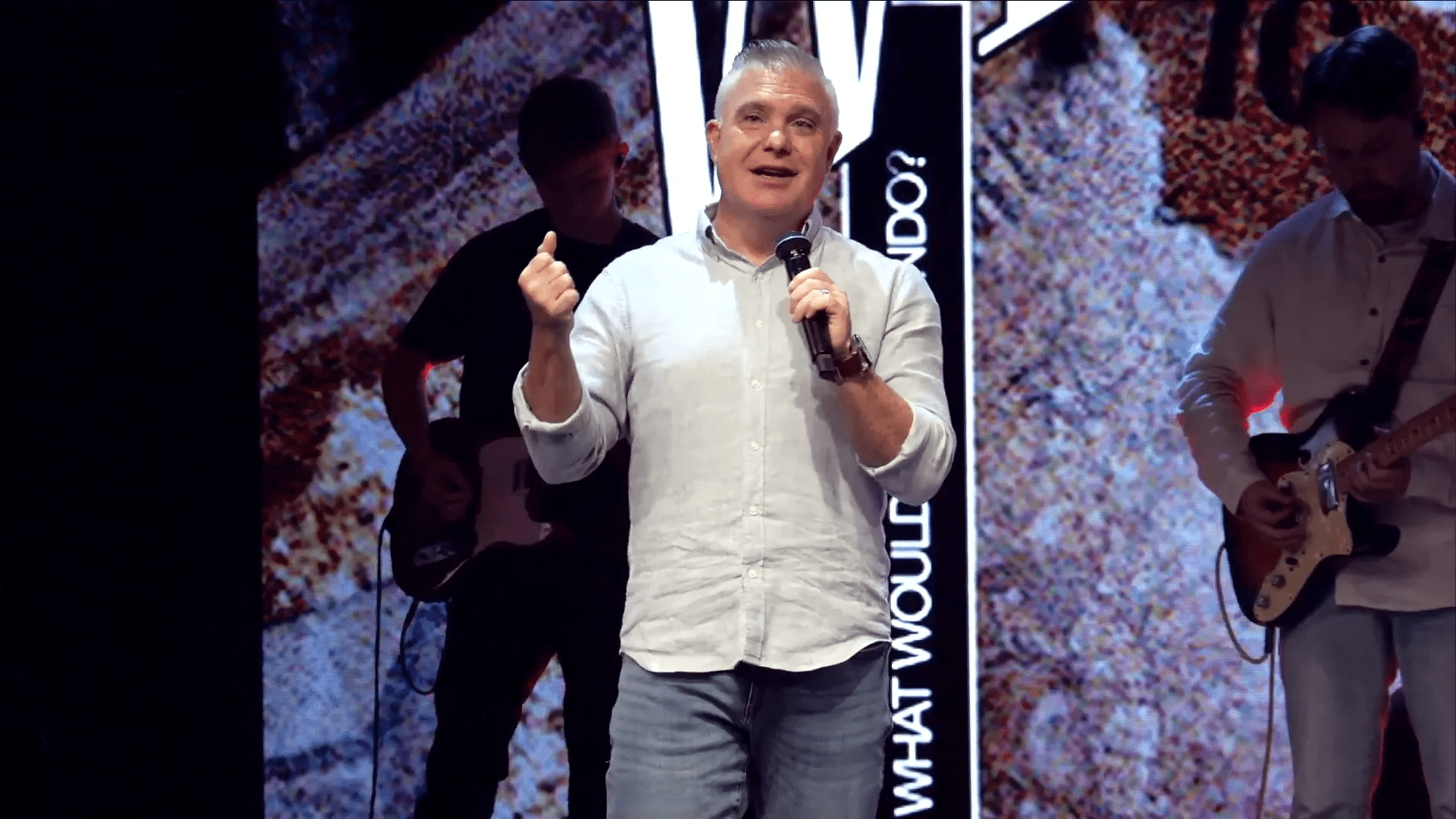
Let us commit to living out our beliefs genuinely, allowing grace to flow through us to others. Together, we can create a community that values honesty and authenticity over perfection.
Final Thoughts
Hypocrisy is a human issue that transcends religious boundaries. By acknowledging our own struggles and striving for authenticity, we can foster deeper connections with ourselves, others, and God. Let’s move forward with the intention to live genuinely, embracing the grace that comes with our imperfections.
